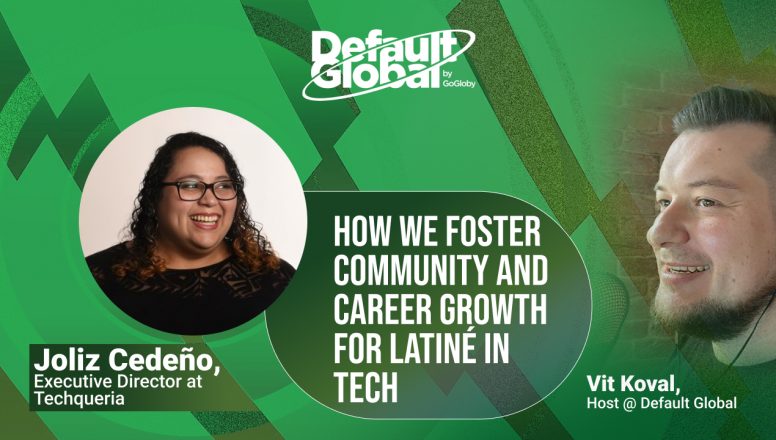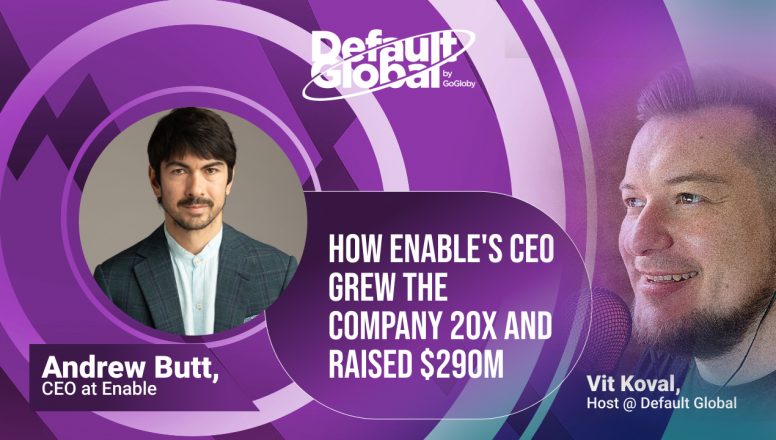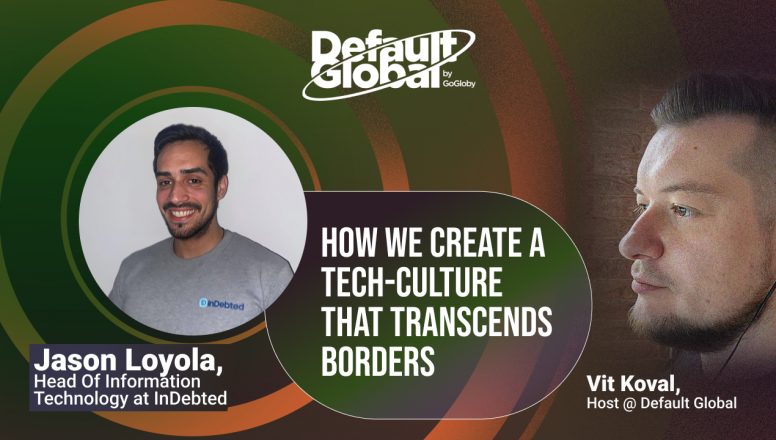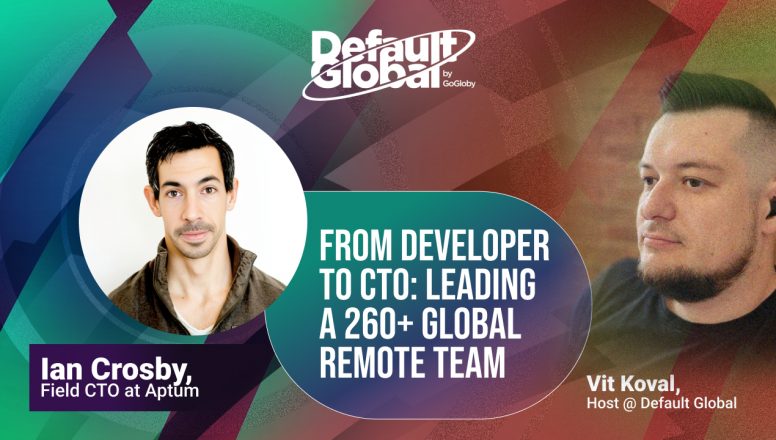Meet Brett McLaughlin, CTO at Carbon6:
Brett McLaughlin is a veteran engineer and technology leader with over 27 years of experience. He has been instrumental in shaping the Software-as-a-Service (SaaS) landscape and has authored technical books. Brett has led teams in high-profile projects, including migrating data to the cloud at NASA. Currently, as the Chief Technology Officer at Carbon6, he is focused on developing an integrated platform for Amazon Marketplace. With his deep knowledge of platforms and e-commerce, Brett offers valuable insights on global hiring, remote work, and employment compliance for tech leaders and professionals.
Listen Up: Brett McLaughlin, CTO at Carbon6 — Full Podcast Episode on Spotify
Watch Now: Vit’s In-Depth Talk with Brett McLaughlin
Quick Read: Brett McLaughlin, CTO at Carbon6, Interview Highlights
Can you elaborate on your strategy for global hiring and building a distributed team? What are the major key factors that you consider when choosing the country to hire from?
Brett McLaughlin emphasizes the importance of building a team-oriented global workforce rather than solely focusing on cost. He highlights the need for teams over individuals, as individuals working remotely often lack accountability and a sense of job satisfaction. Brett’s experience has shown that effective communication skills and cultural fit are crucial when working with remote teams. While cost is a consideration, it should not be the sole determining factor. Instead, he prioritizes finding talent that can be integrated into a team and prefers regions with a proactive approach to work. Furthermore, Brett emphasizes the significance of face-to-face interactions and building a positive culture by visiting remote teams. By placing individuals in roles that align with their strengths and inclinations, leaders can maximize their potential and overall effectiveness.
“What we have found is teams are better than individuals… So if someone is 12 hours offset and they’re all by themselves at their home… you’re probably not going to get a lot of value. So even though you’re potentially saving money, you’re not actually moving the business forward.”
How do you approach assessing the skills of candidates from different regions in your global hiring process?
Brett McLaughlin explains that assessing the skills of candidates from different regions requires a nuanced approach. While objective tools like coding tests provide a baseline assessment, they may not capture the full potential of a candidate. Brett emphasizes the importance of understanding regional cultural traits and their impact on work styles. For example, some regions exhibit assertiveness and a drive to push projects forward, while others prefer clear direction and accountability. Recognizing these cultural differences allows leaders to place individuals in roles that suit their strengths and preferences. Additionally, Brett highlights the value of face-to-face interaction to build trust and create a positive cultural environment. By considering both technical skills and cultural fit, global hiring teams can make more informed decisions when selecting candidates.
“Different regions have different leading personality traits… Once I realized that was cultural and regional, it became clear, now we need to place them in the right place where they can be effective… It’s our job as leaders to find those areas that they excel in.”
Can you share some practical use cases where AI has made a significant impact on Carbon 6 operations, and how do you envision AI fitting into the future of the company?
Brett McLaughlin highlights the practical use cases where AI has made a significant impact on Carbon 6 operations. One example is leveraging AI to assist with architectural decision-making and problem deconstruction. By using AI models, the company can generate high-level architecture suggestions and break down complex problems into actionable steps, enabling engineers to focus on implementation. Additionally, AI has been utilized to simplify integrations with platforms like NetSuite, providing code demonstrations and reducing the time spent on documentation review. Looking ahead, Brett sees AI playing a critical role in the future of the company. He emphasizes the importance of engineers developing higher-order thinking skills and focusing on architecture, problem-solving, and critical thinking. While AI can enhance productivity and automate routine tasks, the creativity and expertise of human designers will remain invaluable in driving innovation and making strategic decisions.
“We’re going to see a greater division between higher order thinking in engineers and people that can do architecture and people that can think really critically… I do not believe we’re anywhere close to a place where the creativity of human design is going away.”






